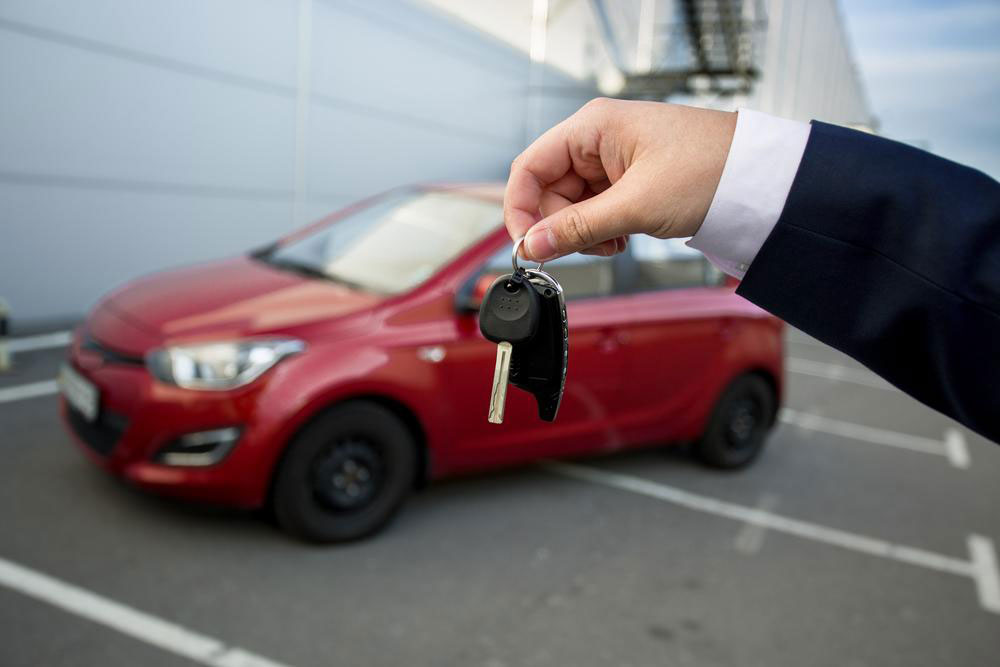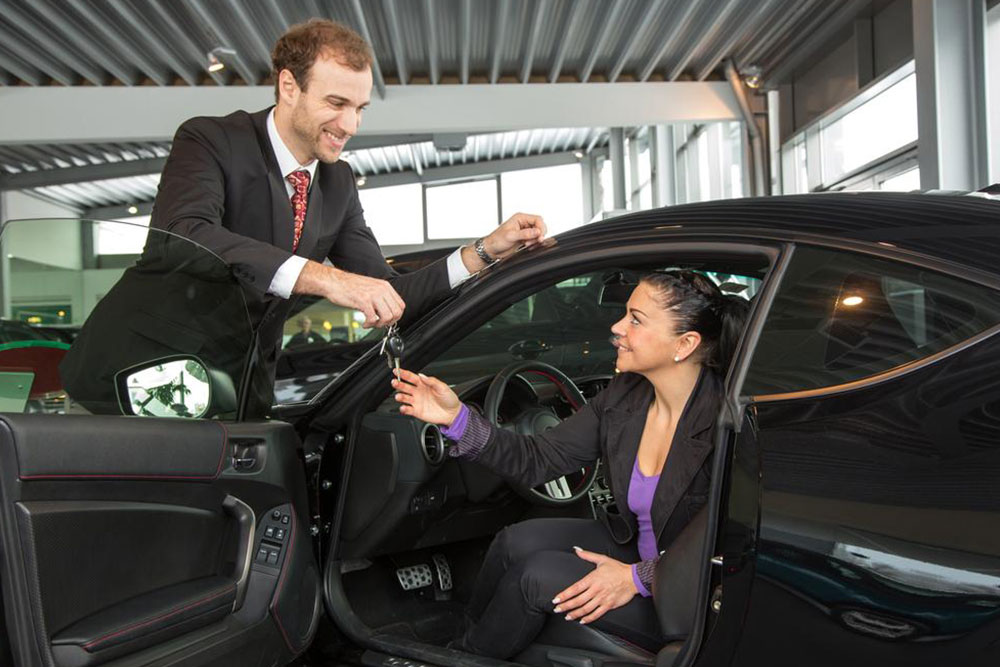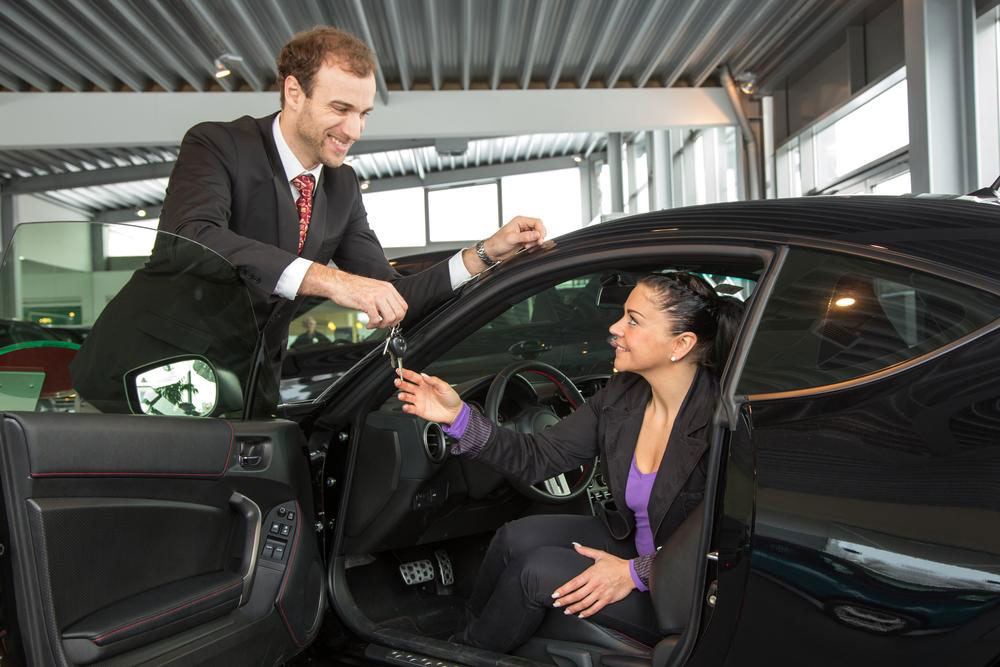Comparing Purchasing from Dealers and Private Sellers
Learn the key differences between buying from a dealership and a private seller, including advantages, disadvantages, and tips for making an informed vehicle purchase. Discover how warranties, paperwork, pricing negotiations, and safety inspections vary between these options to help you choose the best route for your next car purchase.
Sponsored

Understanding the Differences Between Buying from a Dealer and a Private Owner
When purchasing a vehicle, choosing between a reputable dealer and a private seller is essential. Purchasing from a licensed dealership often provides added security, including warranty coverage and comprehensive paperwork. In contrast, buying directly from an owner may involve cash transactions without warranties, requiring buyers to verify documents independently. Pre-owned cars from dealerships are frequently certified for safety, while private buyers may need to hire experts for vehicle inspections. Negotiating prices tends to be easier with private sellers, but overall costs might be higher at dealerships due to fixed pricing policies.
Key insights include:
Dealerships handle all legal paperwork, offer financing options, and provide warranties, making them a safer choice. Private sellers may ask for cash payments without warranties, and buyers must scrutinize documents carefully. Certified cars from dealerships undergo thorough safety inspections, whereas private owners might require independent assessments. While dealerships may offer trade-in advantages, private sellers typically expect cash and can be more flexible on pricing. Buyers have greater bargaining power with private owners but may risk less oversight, so thorough research of market prices is recommended. Additionally, dealerships sometimes pressure buyers into quick decisions, whereas private sales grant more time for deliberation.






